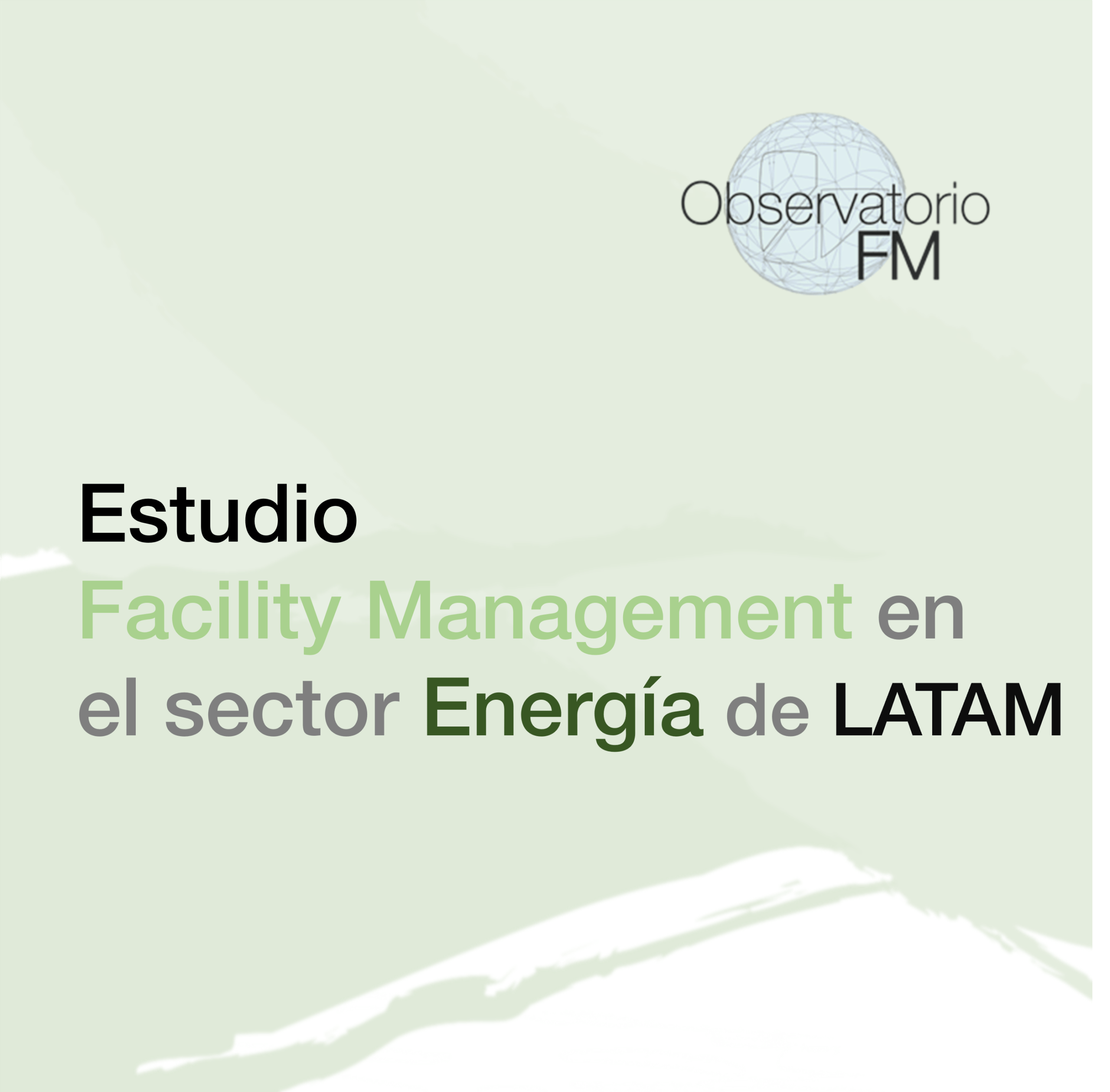Microsoft’s latest internal WTI Pulse Report, “Hybrid work is just work. Are we doing it wrong?”, considers the results obtained by the company and the resources used to measure work efficiency. 10% of its over 220,000 employees have been interviewed in a dozen countries, collecting data from the digital platforms used in business. It comes as no surprise that Teams is used daily, resulting in the analysis of employees’ degrees of activity and dedication, or type of work being fairly straightforward.
What is most striking about the overall results is that 87% of staff acknowledge that they are currently more productive, while 85% of managers admit they find it hard to trust workers to maintain productivity levels. These are clearly opposing views that complicate the implementation of the model in the long term. So-called productivity paranoia is accentuated by insufficient support and follow-up on activities, in addition to control activities being conducted without adequate assessment of what is actually done. The number of meetings has risen by 160%, yet according to many managers, this is simply a way of checking that people are working.
48% of employees and 53% of managers admit that they are already burned out at work, so prioritising must go beyond ordering tasks or activity flows. Over 70% of respondents say that having to go to the office due to company policy is not a good enough reason. This means that they do not feel they should be obliged to do so, unless they fail to accomplish the tasks entrusted to them. 84% would be more enthusiastic about working from the office if they were assured that the purpose is to socialise, and 85% if it is to strengthen bonds with their team workers. Although younger generations find face-to-face activities more motivating, they recognise that they prefer the time to be spent with their colleagues rather than their superiors.
It is no longer a secret that emotional reward is as important as financial remuneration. People demand flexibility, but above all they call for trust since, as previously noted, this is the key to securing potential remote work. The effects of the Great Resignation and its impact on the job market will lead to a reassessment of how to approach this type of strategy. It is no easy task to persuade a manager to be more inclined to accept a remote work policy, given the mindset shift this implies, but progress and, in some cases, the survival of the organisation itself may well depend on it.











